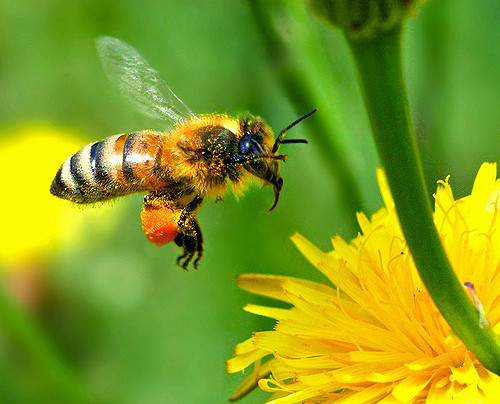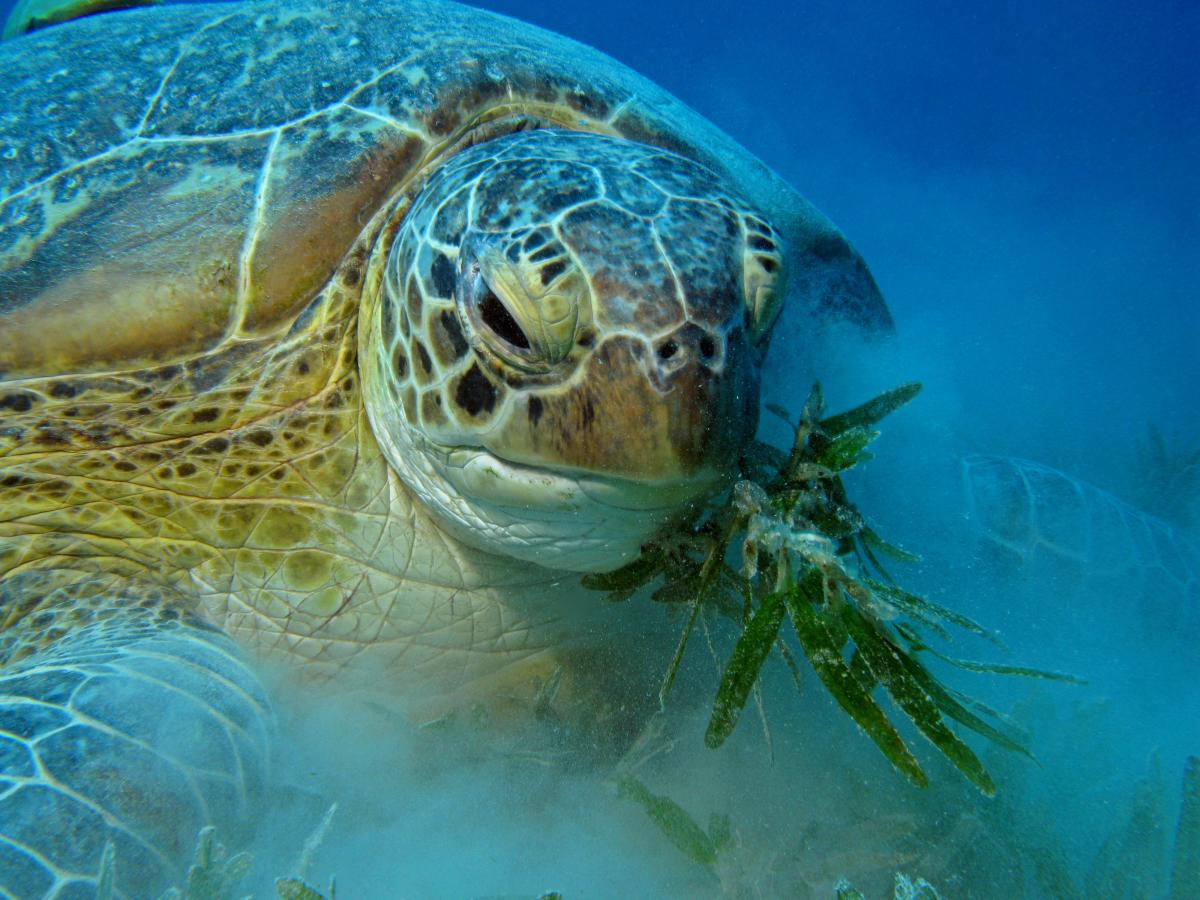The EU discusses future action on pollinators during European Bee Week
The annual European Bee and Pollination Week is an opportunity for the European community to reflect on one of its smallest but valuable contributors to the ecological health of our planet. During this year’s 6th Edition, MEP Mariya Gabriel hosted the event: “Bees & Biodiversity: new cooperations” bringing together farmers, honeybee producers, institutions, and environmental organisations to explore ways in which to increase cooperation in order to promote the sector and support and protect pollinators.

Photo: Autan/Flickr
Split into three panels, IUCN contributed to the second panel with a presentation on “Pollinators in the EU: an opportunity for Action.” IUCN recalled that last year the European Parliament urged the Commission and Member States to develop an Initiative on Pollinators. Interest for this remains high following the signing of the Coalition of the Willing, established at the CBD COP 13 last year and which was supported by 11 Member States. This cross-cutting issue will need the engagement and cooperation of all relevant actors, including food producers, and agricultural and environmental sectors. The ongoing process to reform the EU Common Agricultural Policy may be the opportunity to make this collaboration happen.
“Without bees, our lives are at risk: our food and the health of our ecosystems depend on them. We welcome the willingness of EU Member States and the call for action from the European Parliament to protect our pollinators. Now is the time to make it happen,” said Alberto Arroyo Schnell, European Senior Policy Manager.
IUCN published the European Red List of Bees in 2014, assessing all wild bees in Europe, a total of 1,965 species. Overall, 9.2% of bees are considered threatened in Europe with the main threat attributed to loss of habitat as a result of agriculture intensification, urban development, increased frequency of fires and climate change. Almost, 30% of all the species threatened at European level are endemic to Europe, highlighting the responsibility that European countries have to protect the global populations of these species.
IUCN European Regional Office currently hosts a bee hive in its garden as a small contribution towards promoting pollination and raising awareness of the ecological importance of conserving this species.
To also host a bee hive in your garden, contact Belgian-based company Amielo.
View the full agenda of the event: “Bees & Biodiversity: new cooperations.”



